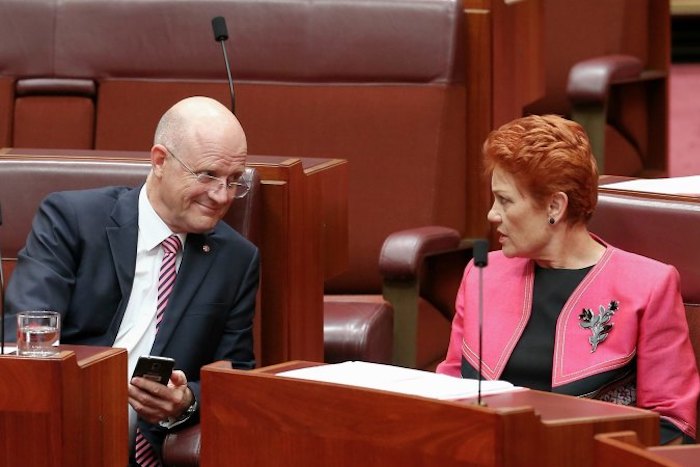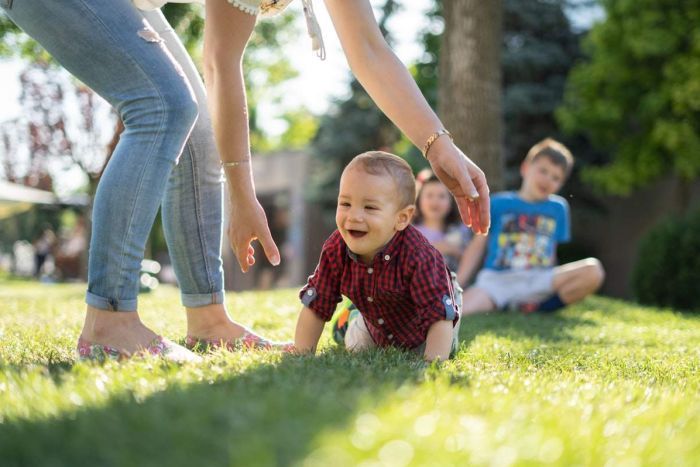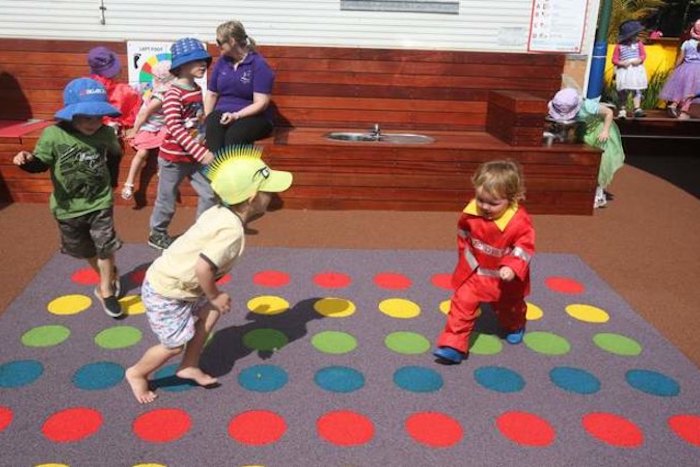Ignorance. It’s a funny thing. By definition, it’s a lack of knowledge or information. Senator David Leyonhjelm owes his election as a senator to it.
His latest comments on childcare educators betray a lack of information and knowledge about childcare and the importance of the work educators do.
Leyonhjelm blames childcare fee increases on the need for childcare educators to have a minimum Certificate III qualification “to continue the job they were doing – you know, wiping noses and stopping the kids from killing each other”. (That sound you hear? 150,000 childcare educators across Australia groaning loudly.)
And of course, never being one to let ignorance stop her, Senator Pauline Hanson jumped to Leyonhjelm’s defence saying that she had mothered four children without having a qualification so why would a childcare educator need one?
There are 1.2 million children being cared for in childcare services in Australia. They come from 843,000 families and spend an average of 28 hours in childcare a week. And it is these 28 hours that explain why the qualifications of those caring and educating them matter and why Leyonhjelm and Hanson’s ignorance really does matter.
By the time a baby is around 9 months old their brains are at their peak of being receptive to language. One of the basic things we know about how young children’s brains develop is that they need interaction with a loving caregiver or caregivers. They need adults to do what is called serve and return interactions. Essentially that is a fancy way of saying that when a baby or child cries or makes noises an adult needs to respond. They need to look at the child, and speak back. When a baby tries out a new skill they need an adult to check it out with, to ask “is this OK?”. This is what builds neural connections in their brains. These interactions build the very basic building blocks of the brains these baby humans will use throughout their lives.
In a perfect world families would be able to provide those serve and return interactions – they tend to do it instinctively. But our world isn’t perfect and because it has mortgages and bills sometimes it makes more sense for families to go to work and leave their children in the care of other adults – childcare educators.
But you know what? Twenty-eight hours a week is a long time in the life of a baby! So we need to make sure that those million babies and children have people who have been trained about the importance of serve and return – of how to interact with those little human beings to ensure the best brain architecture gets built.

And this is why in 2009 every state and territory government agreed to bring in the National Quality Framework for Education and Care Services. This framework demands that every educator has a minimum of a Certificate III qualification in childcare. Decades of research proved that one of the main determinants of the quality of childcare is the qualifications of the educators delivering it. The higher the qualifications of educators, the better the quality.
The number of times all governments in Australia have agreed to jointly do anything is miniscule, but so compelling was the strength of this research that they all unequivocally agreed to bring in minimum qualification requirements. And why wouldn’t they? Given that childcare educators get paid diddly squat anyway, making them acquire a Certificate III is hardly going to break the bank.
I wonder if the senators are aware that the award payment for a Certificate III qualified educator is the huge sum of between $18 and $22 an hour? Increases in childcare costs over the past decade can hardly be blamed on fat cat childcare educators can they?
I suppose we shouldn’t really be surprised that lack of knowledge and information have impeded Senator Leyonhjelm and Senator Hanson’s understanding of the importance of childcare, qualifications and the paucity of educator’s wages. It seems to be a bit of a trademark for both of them.
Maybe nobody did serve and return with them enough when their neural connections were meant to be forming?
Published on The Sydney Morning Herald, January 12th 2017.
Lisa Bryant is a consultant in the early education and care sector.



